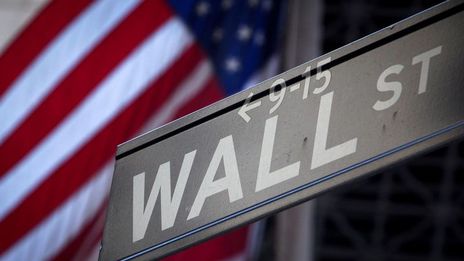By Xavier Fontdegloria
Consumer sentiment in the U.S. improved more than expected in early January, reaching its highest level in nine months, driven by lower concerns over inflation and an upcoming recession.
The University of Michigan said Friday that its preliminary consumer sentiment index rose to 64.6 in January from 59.7 in December, its highest level since April. Economists polled by The Wall Street Journal expected the index to increase to 60.7.
Current assessments of personal finances surged 16% to its highest reading in eight months due to higher incomes and easing inflation, said Joanne Hsu, the survey's director.
The index measuring Americans' assessment of the current economic conditions rose sharply to 68.6 in January from 59.4 the prior month. The measure gauging short-term expectations also increased, albeit at a lesser pace, to 62.0 from 59.9.
"Although the short-run economic outlook fell modestly from December, the long-run outlook rose 7% to its highest level in nine months and is now 17% below its historical average," Ms. Hsu said.
January posts a second consecutive monthly increase in sentiment, but American consumers remain depressed by historical standards. Consumer sentiment fell during 2022, hitting a record-low in June, as households faced an inflation spike that weighed on real incomes and eroded their living standards.
"Increased chatter about a recession later this year and a pickup in reports of corporate layoffs could raise concern and limit the possibility of a meaningful recovery in sentiment," economists at Daiwa Capital Markets said in a note ahead of the data release.
U.S inflation eased in December to 6.5% from 7.1% in November, and falling inflation was likely a driver for lower consumer inflation expectations in January, data from the survey showed.
Americans expect prices to rise 4% in the next year, down from the 4.4% increase they anticipated in December, the lowest rate since April 2021. However, inflation expectations for the next five years, a closely watched indicator for Federal Reserve's officials, edged up to 3% from 2.9% the prior month.
"Uncertainty over both inflation expectations measures remains high, and changes in global factors in the months ahead may generate a reversal in recent improvements," Ms. Hsu said.
The survey's final data for January will be published on Jan. 27.
Write to Xavier Fontdegloria at xavier.fontdegloria@wsj.com
(END) Dow Jones Newswires
01-13-23 1036ET



























